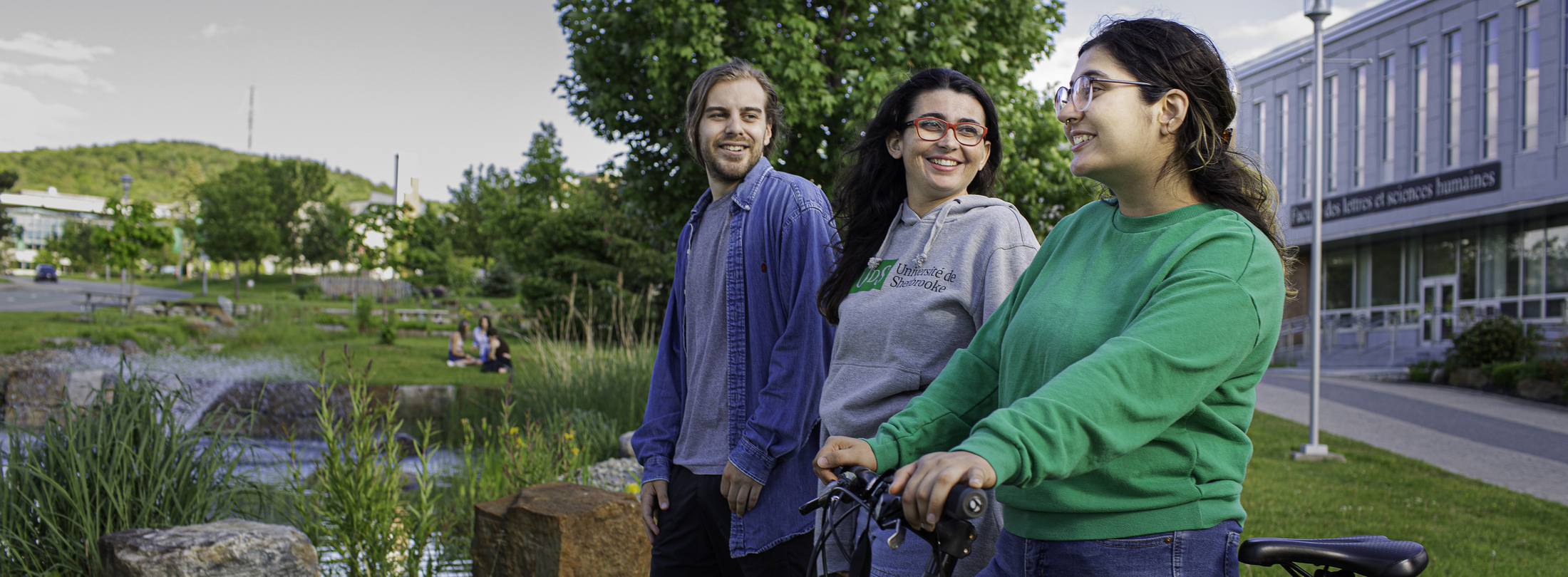STP224 - Practicum II Promoting a Healthy and Safe Learning Environment
Présentation
L'horaire de ce cours n'est pas disponible.
Sommaire
- Cycle
- 1er cycle
- Crédits
- 4 crédits
- Faculté ou centre
- Faculté d'éducation
- Trimestres *
- Hiver 2026
Cible(s) de formation
Explore various problem-solving strategies, factors, principles, models and concepts, as well as the roles of different resource people in primary and secondary schools. Understand the role of codes of conduct, protocols, and standards in establishing appropriate contact and a communication link with parents, students, and staff. Choose approaches, tools, resources and techniques for dealing with sporadic events in the school environment according to age and level (secondary, primary). Apply the principles of caring and ethics in dealing with students and resource people. Respond to spontaneous events that involve a low degree of danger, occurring in a known school or extracurricular environment, that involve a limited number of people and with significant support for the time needed. Teach, either face-to-face or remotely, the content of the ESL curriculum to a group of primary or secondary students in the youth sector, with or without special needs. Reflect on one's competency in situations of response to sporadic events and experienced teaching.
Contenu
Problem solving: Principles and models of prevention, problem solving and intervention in relation to regulatory frameworks and based on stress management and caring tools.
Mobilizing digital technologies: Use appropriate digital resources as required.
Establishing appropriate contacts: Characteristics of appropriate communication in helping relationships, mediation and conflict management for a safe and healthy learning climate.
Involving appropriate resource people: Roles and functions of resource persons in the school environment and intervention models.
Acting ethically: Ethical concepts relating to behaviour with students and resource people.
Acting competently in spontaneous school events: Integration and mobilization of relevant resources for implementing a problem-solving approach adapted to these events; mobilizing digital technology in a way that is relevant and adapted to the issues, opportunities and constraints; establishing of appropriate contact with the people involved; involving, as needed, appropriate resource people according to their expertise, role, availability and to the nature of the event; demonstrating professional and interprofessional ethics.
Process of reflection: Production of a structured reflection on the development of competent action in event responses situations. Impact on professional development and the construction of professional identity.
Reinvestment of competent action in teaching situations: Integration of resources relevant to the implementation of planned activities focused on carrying out short-term tasks based on disciplinary and educational science knowledge, integration of digital resources, establishment of an inclusive educational relationship, collaboration with peers during planning or implementation, demonstration of ethical awareness.
Process of reflection: Production of a structured reflection on the development of competent action in a teaching situation. Impact on professional development and the construction of professional identity.
* Sujet à changement
